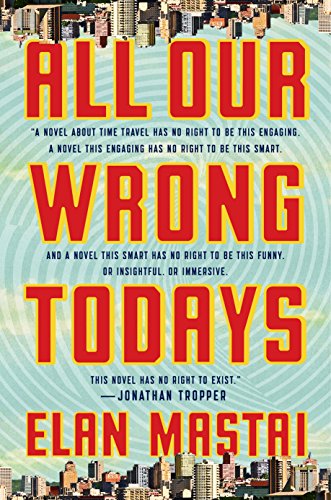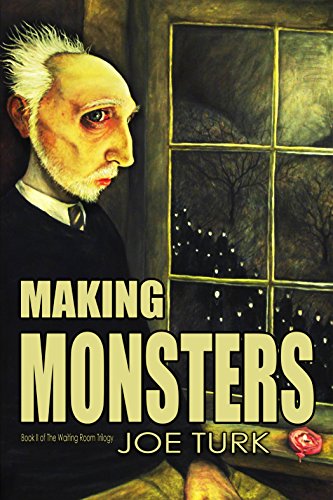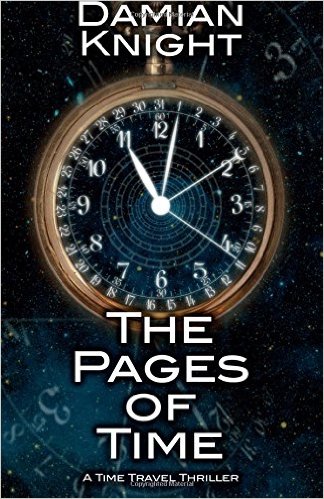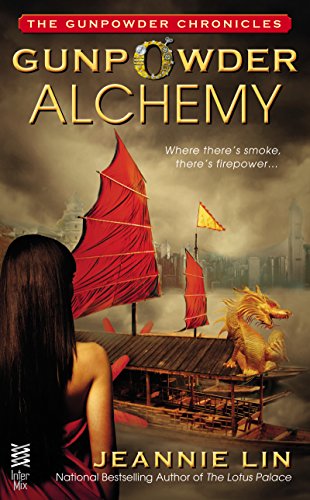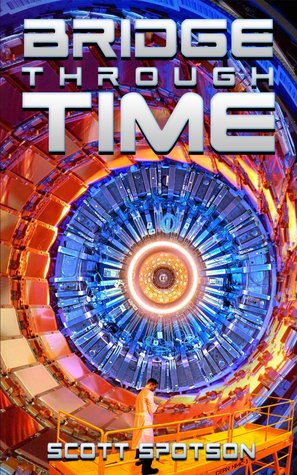Intelligent, entertaining, witty. Just read it. Even if you hate science fiction.
Author: Elan Mastai
$12.99 on Kindle, $26.00 hardcover.
To be published February 7, 2017 by Dutton/Penguin
Canadian screenwriter Elan Mastai’s debut novel is a time travel tale with all the psychological insight and skillful wordsmithing of a literary novel. Or a literary novel with time travel, alternate time streams, romance and adventure. But don’t waste time quibbling over what it is. Just read it. It’s good. You’re going to want to read more from this guy.
First, let’s get some reviewer bias admissions out of the way. I quit reading the latest literary fiction releases a few years back when my book clubs kept picking well-reviewed literary fiction blockbusters about self-pitying, self-indulgent protagonists who whine about their parents a lot while floating around in books where nothing ever happens for long pages of beautifully written prose. I like my protagonists more capable and competent, with less self-pity, more like the dude in Andrew Weir’s “The Martian.” Seeking more action and adventure, I threw myself into the more exciting world of speculative fiction, where lots happens but–let’s be honest here–the writing in too many science fiction and fantasy books can be as painful as Sunday dinner with your [insert your most despised political party]-favoring in-laws right before the election.
I hunger for good writing craft plus a cracking good story. “All Our Wrong Todays” delivers both by the truckload.
I don’t want to frighten off the core time travel fans by praising the writing. All the stuff you love is here too! If you enjoy “Terminator: Genisys” or “Time Travel Hot Tub 2,” to name some recent time-travel movies, you’ll find plenty of action, humor, romance and adventure in “All Our Wrong Tomorrows,” plus thoughtful consideration of the usual time travel paradoxes and constraints. Mastai comes up with two separate time travel mechanisms, and a flock of vividly imagined alternate time streams. He just does it subversively, intelligently, humorously, gently rollicking along on the rails of well-traveled time travel tropes until ZHWOING!!!! Mastai hurls you, gentle reader, off into a whole new ballgame, time and time and time and time again. I don’t want to spoil the reader’s journey by any plot hints, except to promise that the moment you think you have it figured out, Mastai will find a way to turn you and the story inside out. He knows the time travel tropes; he uses them in fresh and fun ways.
I’m sure the literary fiction fans are already terrified. Time travel? Egad! But please give this a chance. The writing is great, with rhythm you’ll want to read aloud, an approachable but richly detailed style and an unerring sense for the image and dialogue that captures a moment. The work is a bit of a memoir, multi-faceted, multi-time-stream memoir, one that even starts with my most-hated-protagonist-type, the loser who whines about his parents a lot. Thankfully he does not remain so, nor do we spend hundreds of pages doing nothing. I persisted, even given my disdain for whiny protagonists (see above), because the writing and the world-building were superb, and the intelligence and wit behind the story and the character so evident. I decided to trust the author and he delivered. For the more literary-minded reader, you’ll get thoughtful and insightful meditations on a range of unexpected topics. What is the good life? What do I value and why? Who is my family? What is reality? What would I do for love? What am I responsible for, accountable for, and what must I do to right a wrong even if it wasn’t my fault? When must I quit blaming others for my life and start owning my choices? What is forgiveness, and how do I learn to forgive? What does the greater good, and my own self-interest, even mean? (And some badass ideas on the logistics of time travel and the heuristics of technological innovation, but if that’s not your thing, you can glide right over those bits.)
Recommendation: for time travel fans, of course, but for anyone who enjoys well-written fiction seasoned with equal parts wit, intelligence and adventure. Strongly recommend, with five stars.
Disclosure: I received a free pre-publication version of this story from Netgalley and the opportunity but not the obligation to write a review.
